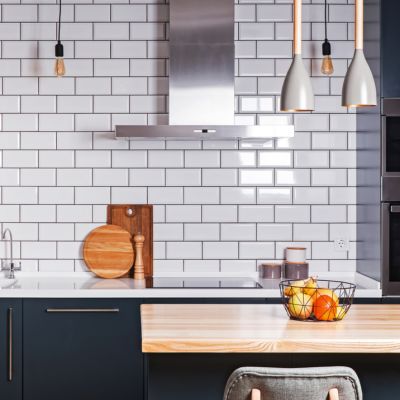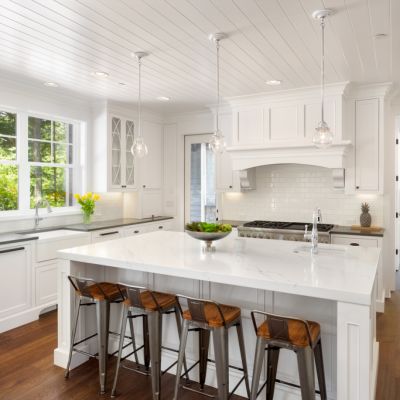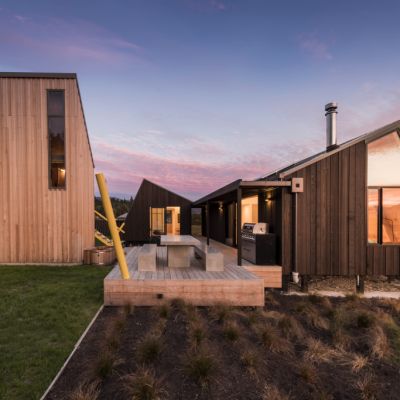The five most expensive mistakes you are making renovating

Whether you are embarking on a full renovation or a fast refurbishment, there is a lot more to renovating successfully than meets the eye.
We talked to the experts to learn about the most common and expensive mistakes that new home owners make. Take note.
Not seeking professional advice
“It’s always a shame to see money spent on just making a house look good, instead of ensuring it’s functional first,” says Sonia Simpfendorfer from Nexus Designs.
“A qualified interior designer can unlock potential in simple ways that can make a huge difference to the result.”
Whether it is fine-tuning your remodelling plan or recommending ideas you hadn’t considered, enlisting a professional can add lasting value to your property.
“Even something as basic as a to-scale furniture plan will reveal if you really can fit that three-metre long dream sofa or table for 10 in your new space,” she says.
“It could be moving a doorway to completely change the flow through a space, swapping a dividing wall for double-sided joinery to create clever storage, or finding simple ways to harness more natural light.”
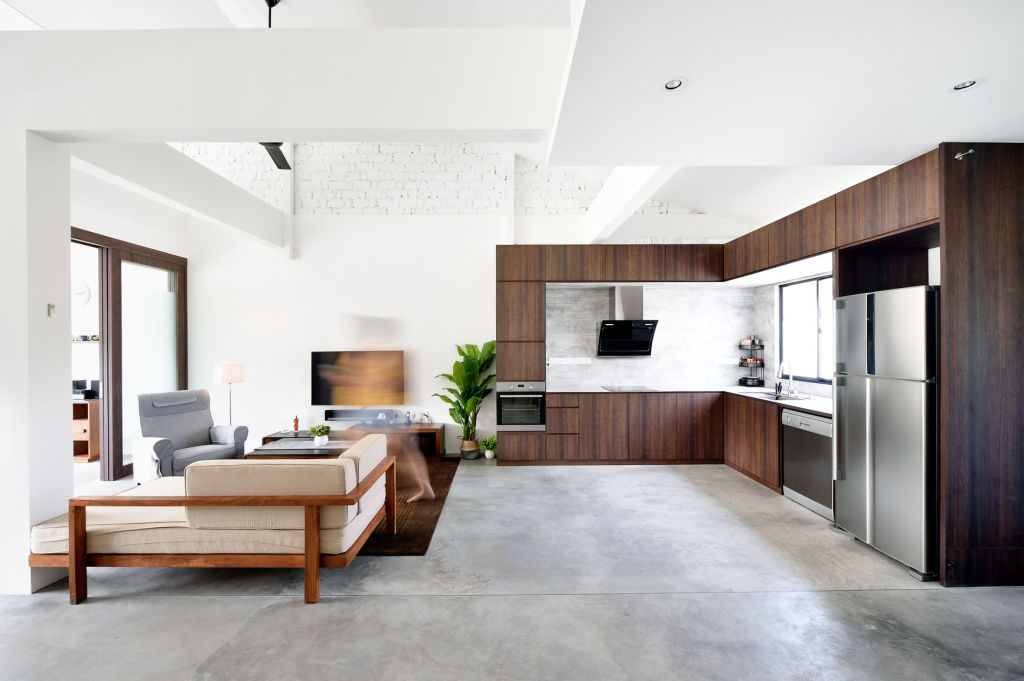
DIY electrical
“Never try doing the electrical work yourself,” says tradeswoman Janine West.
“The electrical trade takes a minimum of three-and-a-half years to learn and there’s a reason for that. DIY electrical is dangerous and generally incorrectly done, which means more cost and the possibility of insurance [companies] not paying out if the DIY work is the cause of a fire.”
Electrician Mel Moore agrees.
“You get what you pay for, so the money you saved buying equipment from your hardware store will cost you more when it stops working in a year and a day [just outside of warranty period] and you have to get a sparky to replace it,” Moore says.
“Your electrician provides much higher quality equipment for a similar price that will save you in the long run. They can also deal with any warranty issues on your behalf down the track.”
Always plan ahead for practical switching, lighting, and power, and visualise your end goal.
“Variations on your plan means your tradies sit around waiting on decisions, which costs them time and you money,” West says.
“Think about your power point placement based on where your appliances will be located. Do you have somewhere to plug the vacuum in without crawling under a bed?
“Have you considered some separately switched star lights to highlight the painting that is a centre piece on the wall? Proper placement makes all the difference.”
Budget omissions
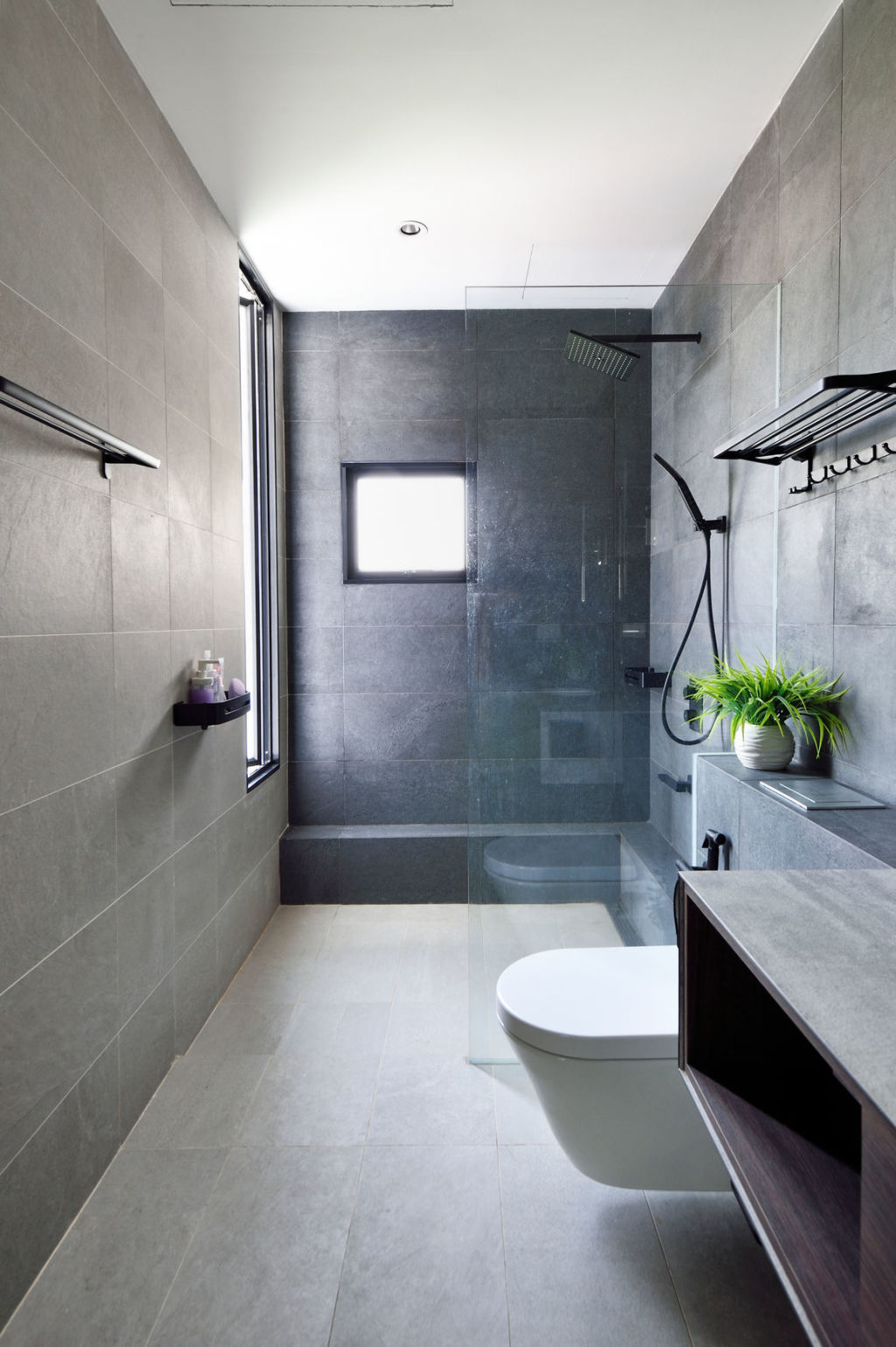
When budgeting, add in all components including emergency funds, furniture and decor.
“Always allow money for the unexpected, because even the best planned project can have surprises on site,” says Simpfendorfer.
“Equally important is including other necessities like furniture. Allowing a realistic budget for any new items or appliances that will be required, means you can move into a completed space and enjoy it to the full from day one.”
Skimping on finishes
The devil is in the detail, so skimping on finishes can swing the overall effect of your home from simple luxury to standard suburban.
“A little extra wall tiling in a bathroom to take the tiling full-height, or taking the bench top stone right up onto the splash back for a seamless finish can make all the difference,” says Simpfendorfer.
“It is much better to generously use a finish you can afford, instead of using an expensive finish as a feature. It doesn’t fool anyone.”
Big plans instead of small changes
Embarking on small changes, rather than vast plans, often sees projects completed rather than halted due to expense and time constraints.
“Renovators underestimate how much time and money it takes to renovate properly,” says West.
“There are too many unfinished houses because jobs are started but never finished, so don’t bite off more than you can chew.
“Don’t think you can just start moving walls. Start with simple jobs, like having the gardens and driveway looking fabulous or do some painting.”
We recommend
We thought you might like
States
Capital Cities
Capital Cities - Rentals
Popular Areas
Allhomes
More
